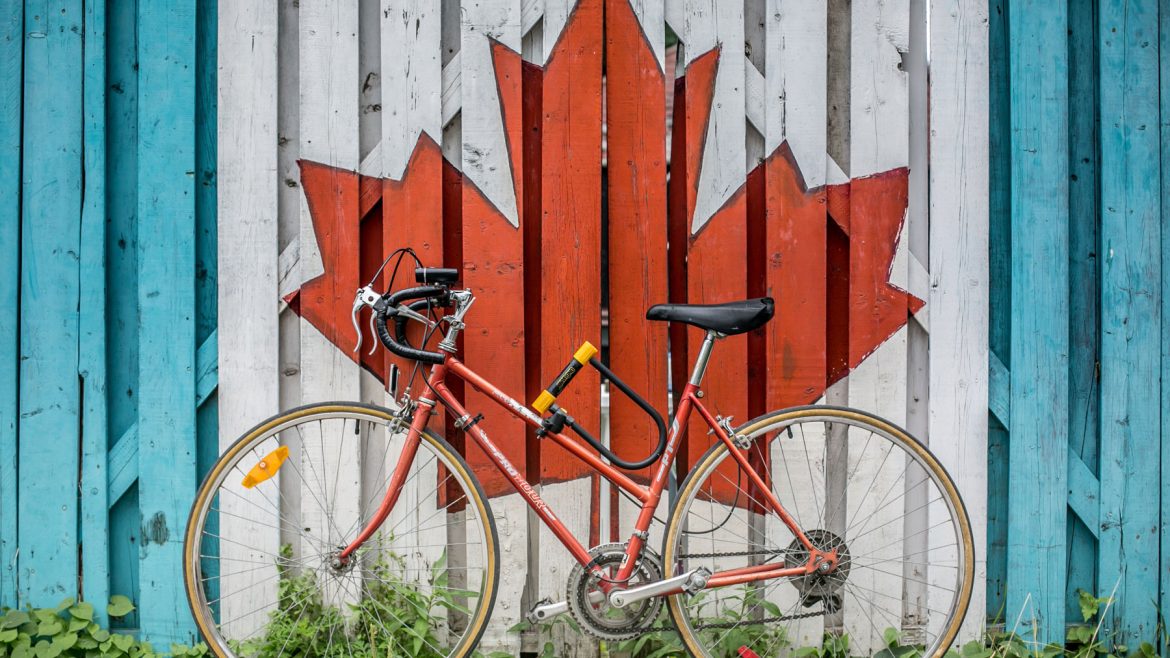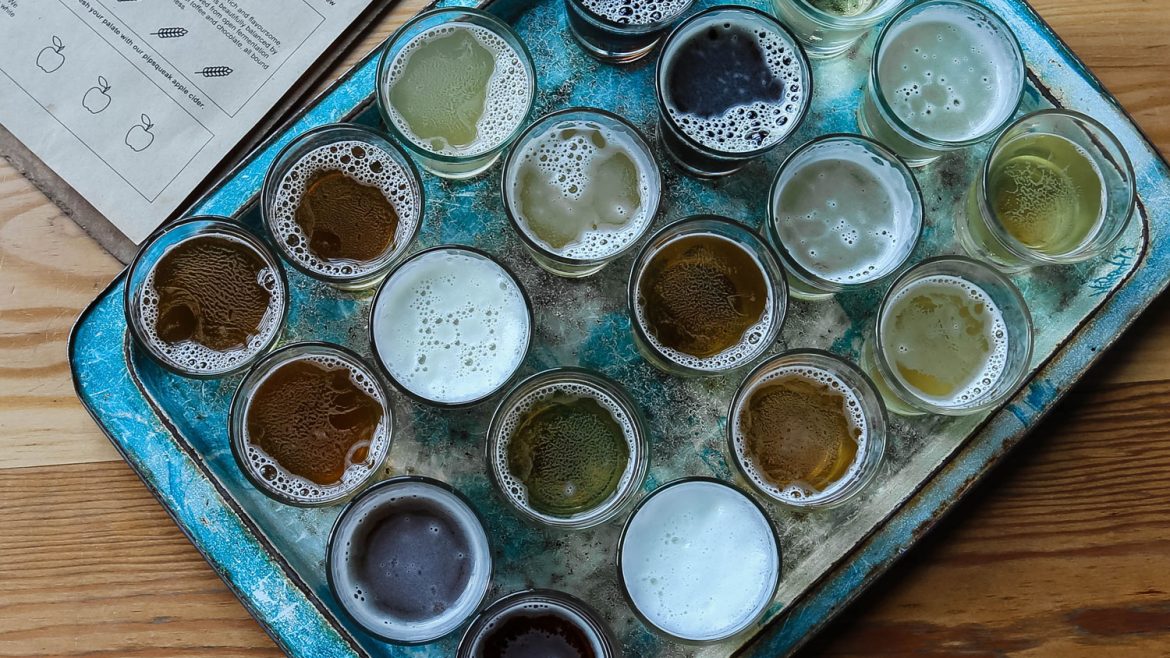Make Sure You Stick To These Rules When It Comes to Advertising Cannabis on Social Media
It’s clear that we are moving in the direction of more progressive times. If you are in the business of cannabis, it’s safe to say you should be looking at some prosperous growth over the next few years, no pun intended. And like any business – you are not excused from your digital footprint. Advertising cannabis on social media allows your business to reach your target audience, permitting further explanation of the benefits and rewards of using your products. Because we are working with marijuana on a commercial scale, it’s important to know the advertising policies and limitations of each platform according to Green Entrepreneur 1.
What is Pinterest pinning?
The limitation with Pinterest is using the platform for the commercial sale of cannabis. Advertisements which encourage or boost the usage of any form of illegal recreational drug is strictly prohibited. Fortunately, Pinterest does allow users to post advertisements promoting the health benefits of Cannabidiol (CBD) and hemp products. However, the only cannabis products deemed appropriate are the byproducts of CBD-only oils and hemp which do not contain tetrahydrocannabinol (THC). Pinterest also permits organic cannabis content with a more artistic or educational nature.
What is Twitter tweeting?
Drugs and drug paraphernalia are out. There are some hard rules regarding drug use, dispensaries, accessories associated with drug use, and herbal drugs. Therefore, the use of Twitter to solely advertise your cannabis on social media may be more on the limiting side. Twitter does permit organic usage of the word “marijuana” and there are pages with marijuana themes in which users could tweet about cannabis use and culture. If the agenda seems more organic and it’s not just about the hard sale – promoting medical cannabis could be permitted as well.
What are we Snapping?
The rules and regulations are less clear when it comes to Snapchat. The one thing we do know is that any advertisements regarding illegal or recreational drugs and their paraphernalia are prohibited. You can take Snapchat out of the race if you’d like to run any cannabis ads on a social media platform. Like its other social media family members – content regarding marijuana and cannabis are found on Snapchat, but there is no solid promotion of selling cannabis and its byproducts.
What are we watching on the Tube?
Youtube is substantially more flexible than the others. There are no specifications regarding the advertisement of illegal drugs but it does dictate that dangerous or harmful content is off limits with a “not suitable” disclaimer. Sharing any content on the topic of medical marijuana use and its benefits is allowed – including cannabis material for documentaries, education, and artistic purposes.
What’s streaming on Reddit?
Reddit has more general guidelines in which the platform does not allow particular content. Any content that promotes illegal activities will include an advertising policy with a disclaimer stating that ads promoting recreational drugs and substances will not be tolerated. It does not specify if cannabis itself – medical or recreational alike – are prohibited. Promoting cannabis content and products in an educational and informative light should be okay.
How’s trusty old Facebook?
Facebook appears to be on board with its other social media comrades. This means zero promotion of illegal or recreational drugs. It will carry your business page with cannabis or marijuana content if it’s tasteful, educational, and organic. If there is even a hint of a promotional nature – Facebook will put a stop to it.
What are we Googling?
Oh Google, why so serious? Dangerous products and services – including recreational drugs of the chemical and herbal form are a no. There are no clear indications if educational or artistic content on cannabis is acceptable in their policies either. It’s safe to say that advertising cannabis on this platform may be tricky. However, Google Bloggers writing on your behalf could publish content related to the herb, so long as there’s no promotion or encouragement of dangerous and illegal content.
Where does this leave you?
We are living in very interesting times. With cannabis, we are somewhere between glorifying the medicinal herb and struggling over its national legality. While most social media platforms may not be on board to promote cannabis today, with continued exposure on the subject we are certainly moving in the right direction.
If you’re in the business of hemp and need help defining your brand, contact us for help. At Herban Creative, we’re skilled in branding, SEO, design work, and social media. We can create content for your brand that informs consumers and drives sales. Contact us today to learn more!










